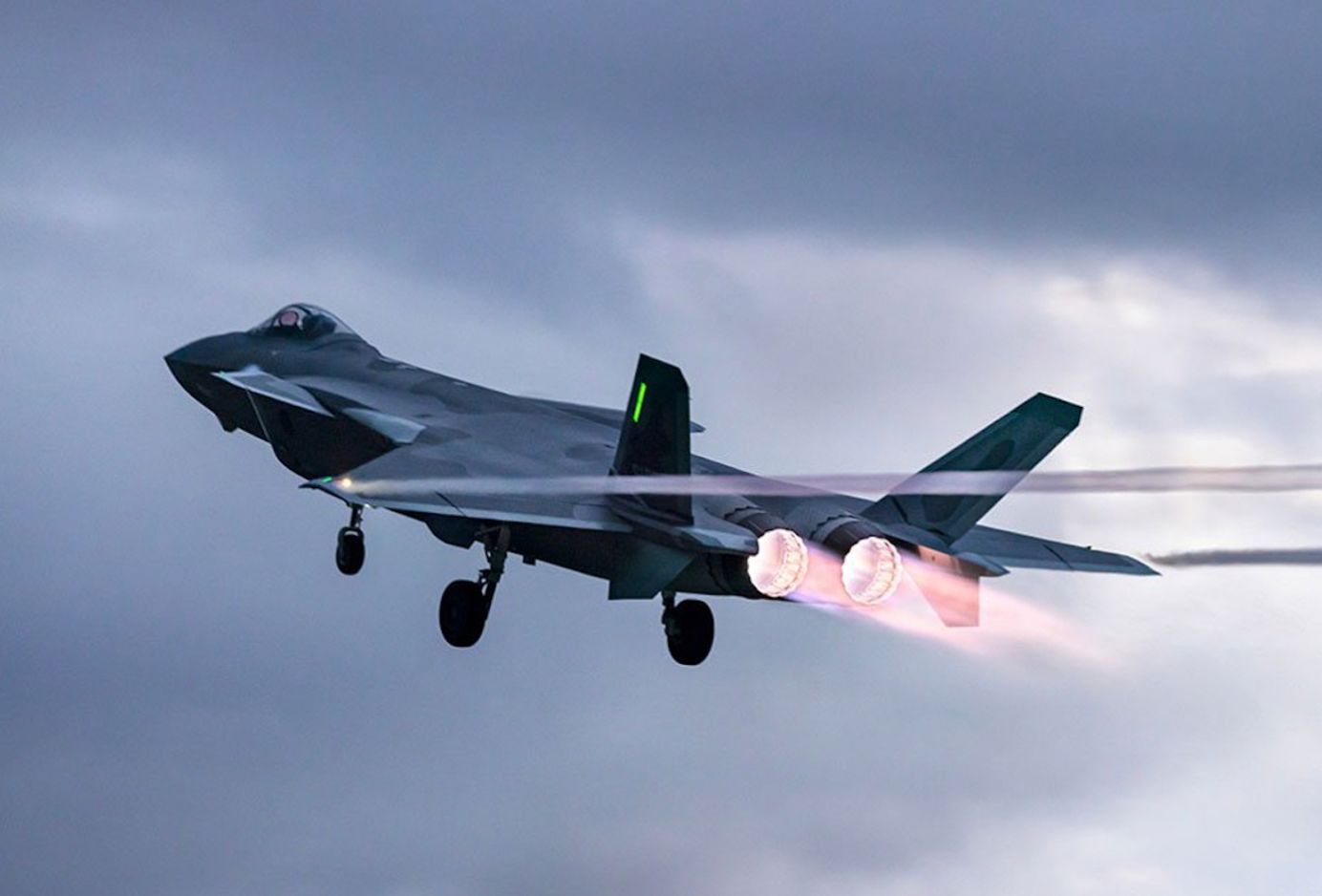The Afghan Taliban Terrorists killed at least 21 soldiers of Afghan National Army and wounded around 23 soldiers. Taliban has been relentlessly attacking the government forces and this particular attack was an attempt to seize the “black-gold”
Can Indian Soldiers Replace the US Troops in Afghanistan To Quell the Taliban?
Local officials said on Tuesday that the casualties took place when the militants carried out attacks on security outposts in Sayad district of the northern province of Sar-e Pul. Zabihullah Amani, a spokesman for the provincial governor, said at least 21 local soldiers, including police and intelligence, were killed and another 23 wounded in the raids, which he said were aimed at seizing control of several oil wells on the outskirts of the provincial capital city of Sar-e Pul.
Amani also said hundreds of militants were still outside Sar-e-Pul, warning that the city was at risk of falling to the Taliban if reinforcements were not sent.
“The enemy is still amassing forces outside the city,” he told AFP. “We have deployed all the forces available in the city, but no reinforcements have arrived from outside so far. The people inside the city are very worried. They have attacked the city many times in the past, but this time the threat is more serious.”
The Taliban confirmed the attacks on the northern Afghan province, claiming that they had captured three checkpoints and killed or wounded 50 members of the security forces.
The Taliban militants have in recent months stepped up attacks on security forces across Afghanistan, killing a large number of police forces as well as civilians.
This comes as representatives from the Taliban, the US, and regional countries met for the fourth time earlier in December in the Emirati capital of Abu Dhabi for talks to end the 17-year war in Afghanistan. The militant group’s representatives, however, refused to talk to the Afghan negotiating team.
Taliban leaders also announced on Sunday that the group’s representatives would meet US officials in the Saudi Arabian port city of Jeddah for the fifth round of talks in January but not the representatives of the Afghan government.
President Ashraf Ghani has said the talks should be “Afghan-led and Afghan-owned,” insisting on continued efforts to establish a direct line of diplomatic communication with the Taliban.
The Taliban’s five-year rule over at least three-quarters of Afghanistan came to an end with a US-led invasion in 2001; but 17 years on, the militant group continues to be active on much of Afghan soil. The Taliban have strengthened their grip over the past three years, with the government in Kabul controlling just 56 percent of the country, down from 72 percent in 2015, a recent US government report showed.
Having failed to end the militancy campaign, Washington has over the past months stepped up its political efforts to secure a truce with the Taliban. The Taliban and the Afghan government have previously said the presence of foreign troops is the biggest obstacle to peace in Afghanistan. Taliban militants have warned of stepping up their attacks until the US forces fully withdraw from Afghanistan.
US President Donald Trump has reportedly ordered the withdrawal of some 7,000 troops from Afghanistan. The figure accounts for about half of the total number of American boots on the ground in the country.
But a later White House announcement has cast doubt on reports about Trump’s order. The Taliban have not formally responded to the partial US troop withdrawal. But a senior commander recently told media outlets that the group was “more than happy.”
In a report published on Tuesday, diplomats from Afghanistan’s neighbours told Reuters that there were fears a US troop pullout could trigger hundreds of thousands of refugees to flee into their countries.
“At this point, there is no clarity about the withdrawal, but we have to keep a clear action plan ready,” a senior Asian diplomat based in Kabul told Reuters. “The situation can turn from bad to worse very quickly.”
Afghanistan shares a border with Pakistan, Iran, Turkmenistan, Uzbekistan, Tajikistan and China, and is the world’s second-biggest source of refugees, according to the United Nations High Commissioner for Refugees. Diplomats from the countries told Reuters they would increase border preparations in anticipation of refugees.





